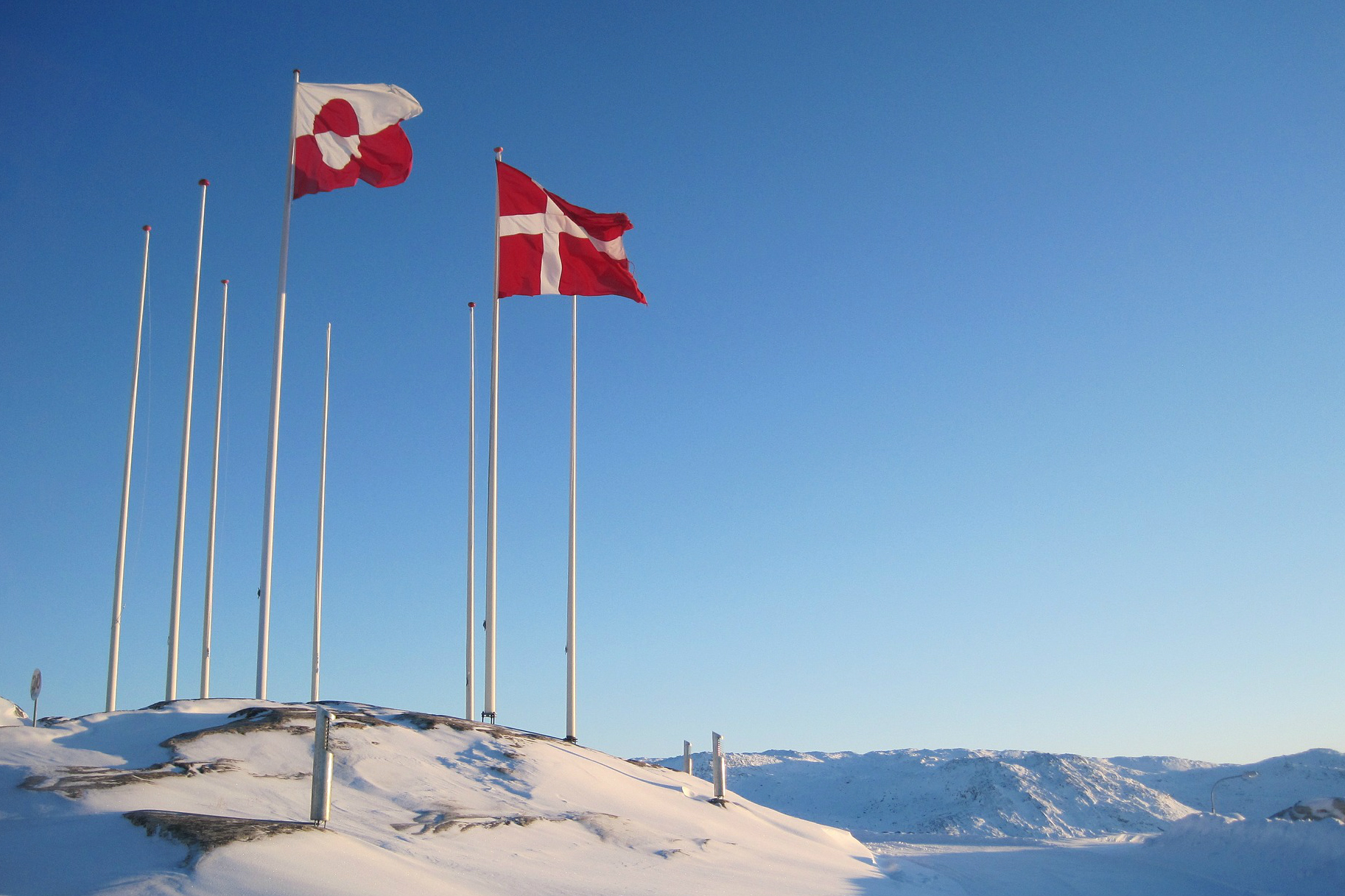Danish Defense Report: Give Greenland more influence

A recent report from the Danish Center for Military Studies in Copenhagen encouraged Denmark to include Greenlandic authorities to a greater degree when shaping its High North policy and to more actively use “The Greenland Card” in its dealings with the United States over Arctic policy.
At the same time, Denmark must also make sure it removes the negative connotations, or taboos, that surround “the Greenland Card.” That can only happen through including Greenland’s ruling organs to a stronger extent in developing the Arctic policy of the Danish Realm (Denmark, Greenland and the Faroe Islands).
These are the main conclusions in a recent report from the Danish center, based at the University of Copenhagen. The report “The Greenland Card – The significance of the Arctic to Denmark’s influence in the USA” also argues that Denmark should learn from Norway when it comes to placing the Arctic on the agenda and secure influence in Washington.
Following the end of the Cold War, Greenland as a strategic area is not as interesting to the US as it once was, back in the time when the various governments of Denmark could play this card in order to achieve advantages in NATO and the USA, the report, which was first reported by Greenland’s Sermitsiaq.ag, argues.
“The value of the Greenland Card is therefore rather limited at present, though it may increase again should the relationship between Russia and the USA worsen” … “and there has been an increasing U.S. interest in Greenland because of climate changes, globalization and the opening of the Arctic and the North Atlantic following from that” it reads further on.
The report’s authors argue that in general, Denmark should place more emphasis on the Arctic, and the country would benefit from taking inspiration from Norway’s approach to the U.S. Denmark can and should develop a clearer Arctic strategy outlining what it wants with Greenland and how the trans-Atlantic relationship with the U.S. may be exploited.
It is argued that the present Danish policy, which “focuses on supplying significant military contributions to U.S. military operations, first and foremost in the Middle East, casts a shadow over the potential Greenland represents, while at the same time there is a mutual lack of trust between Nuuk and Copenhagen that contributes to creating a defensive Danish agenda.”
In order to avoid future Danish initiatives creating further discontent between the two capitals, the report strongly recommends that Denmark “to a more systematic degree includes Greenlandic authorities and politicians along, in order to develop new thoughts and include Greenland more in the relevant processes.”
It is also necessary, it is argued, to put an end to the taboos surrounding the Greenland Card. These taboos help solidify the lack of trust within the Danish Realm, and it is thus necessary to create a more open dialogue about what advantages Greenland may represent in the relationship with the U.S., the report says.